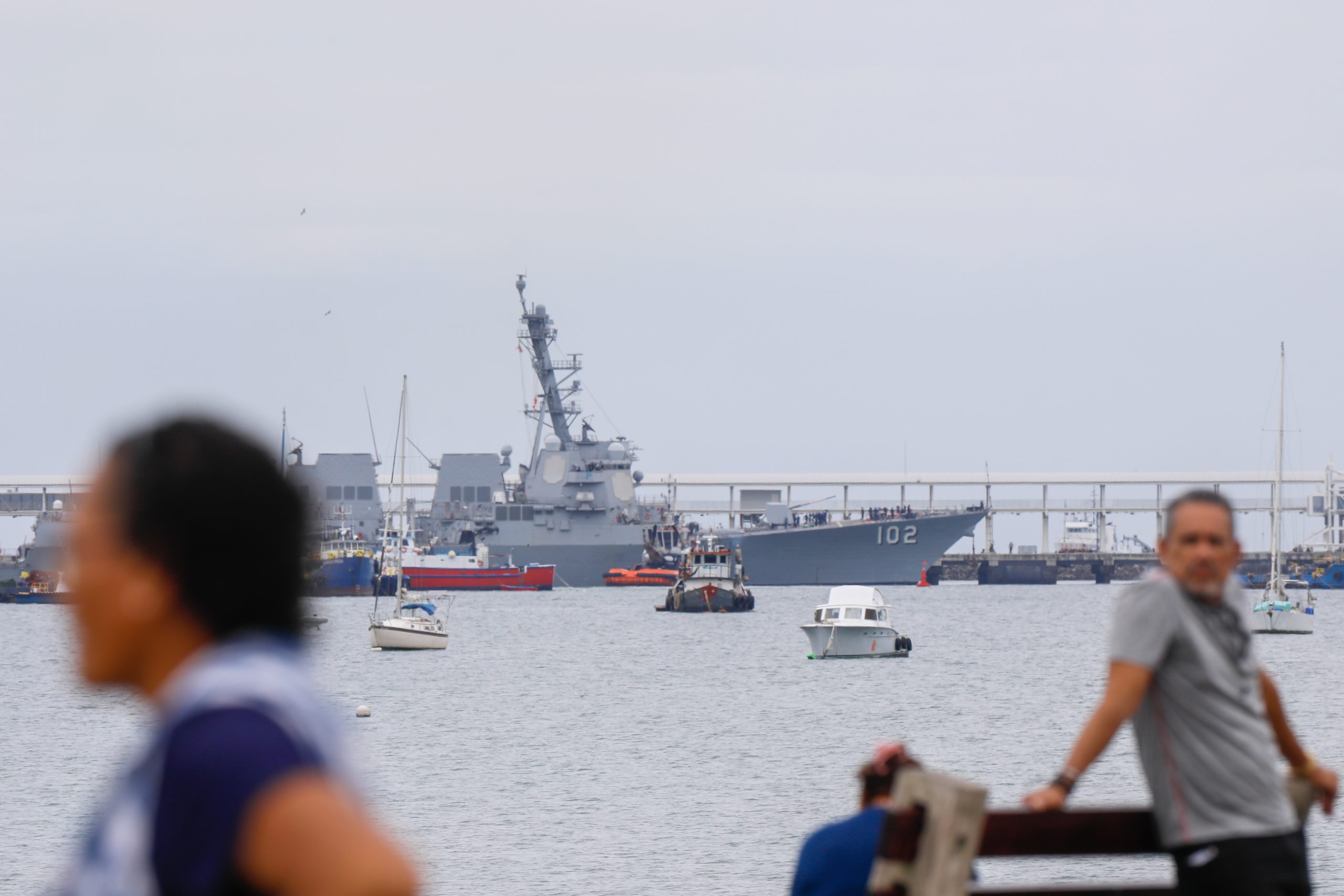A New Front in the War on Drugs? The Militarization of Latin American Drug Enforcement
The recent deadly US military strike on a Venezuelan vessel suspected of drug trafficking marks a significant escalation in the war on drugs, blurring the lines between traditional drug enforcement and counter-terrorism strategies. The unprecedented action, mirroring tactics used against designated terrorist groups, signals a shift in US policy under the Trump administration, raising concerns about potential overreach and unintended consequences. This aggressive approach, long hinted at during Trump’s presidential campaigns and presidency, is now a stark reality.
The Terrorist Designation and its Implications
The Trump administration’s controversial designation of several Latin American criminal groups, including the Venezuelan gang Tren de Aragua, as Foreign Terrorist Organizations (FTOs) and Specially Designated Global Terrorists (SDGTs), laid the groundwork for this escalation. This classification, typically reserved for groups engaging in acts of international terrorism, has been criticized by some as overly broad and potentially destabilizing. By equating drug cartels with terrorist organizations, the administration has opened the door to employing military force and other traditionally counter-terrorism measures against them.
This shift in legal classification enables the deployment of military assets and resources typically reserved for combating terrorism. While the administration argues this approach is necessary to effectively disrupt powerful drug trafficking networks, it’s also opened the door to the potential for human rights violations and collateral damage. The increased military presence in the region may also fuel instability and further empower the very groups the US aims to suppress, inadvertently creating a vicious cycle of violence.
Regime Change and the Broader Geopolitical Landscape
The potential for regime change, a tactic historically employed in counter-terrorism operations, looms large in this new approach. The Trump administration’s willingness to target governments accused of supporting these designated “terrorist” groups raises concerns about the potential for broader regional conflicts. This aggressive strategy could exacerbate existing tensions and undermine diplomatic efforts aimed at resolving the complex drug trade issues through collaboration and international cooperation.
Such a strategy risks alienating key regional allies, further complicating the already delicate balance of power in Latin America. Furthermore, the focus on military solutions risks overshadowing vital efforts to address the underlying socioeconomic factors that contribute to the flourishing drug trade – poverty, inequality, and lack of opportunity.
Conclusion: A Risky Gamble with Unforeseen Consequences
The Trump administration’s militarized approach to the war on drugs in Latin America represents a significant departure from previous strategies. While the intent might be to dismantle powerful drug cartels, the aggressive tactics employed risk exacerbating existing regional instabilities and undermining international cooperation. The long-term consequences of this strategy remain uncertain, but the potential for unintended consequences, including increased violence and political upheaval, is undeniably significant. The efficacy of this approach, compared to alternative strategies focused on diplomacy, aid, and social reform, requires careful and critical assessment. Only time will tell if this high-stakes gamble pays off, or backfires spectacularly.
Based on materials: Vox





